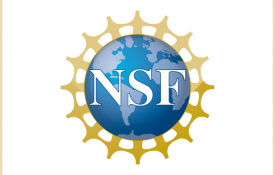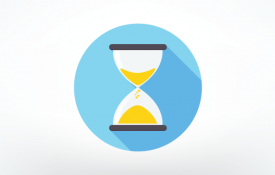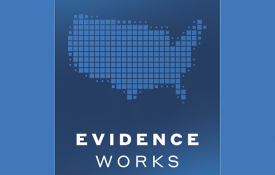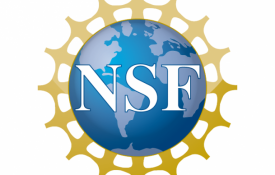-

NIH Requiring ORCID Accounts for Certain Grants
Starting this fall, NIH will require researchers who are involved in certain types of grants to link an ORCID ID number to their grants.
-

Psychological Scientists Recognized with NSF Early-Career Awards
The National Science Foundation has recognized a group of psychological scientists with early-career awards.
-

NIH Delays Some Clinical Trials Requirements Imposed Earlier on Basic Behavioral Research
The National Institutes of Health is delaying for two years some of the clinical trials requirements it earlier attempted to impose on basic research.
-

New Report Illustrates Impact of Evidence on Policy
A new report titled “Evidence Works: Cases Where Evidence Meaningfully Informed Policy” presents 20 case studies describing instances in which evidence was used for government policymaking at the federal, state and local levels, and where policymaking processes were designed to incorporate evidence.
-

PAC Up Your Research at NSF!
The Perception, Action, & Cognition program of the National Science Foundation has issued a special note to psychological scientists and others, correcting myths and misperceptions that some may have about NSF funding and encouraging scientists to apply for support.
-

National Academies Issues Consensus Report on Reproducibility and Replicability in Science
The National Academies of Sciences, Engineering, and Medicine has released a consensus report on reproducibility and replicability in science.

